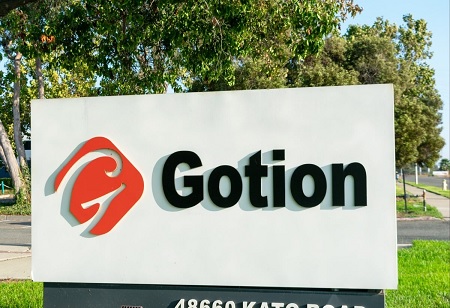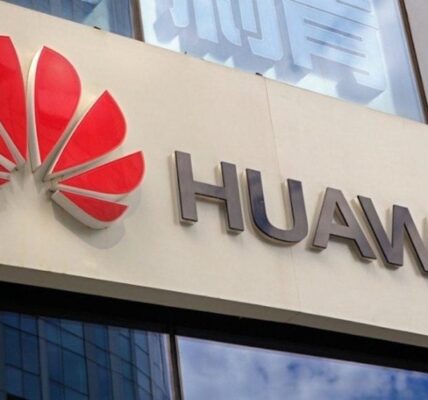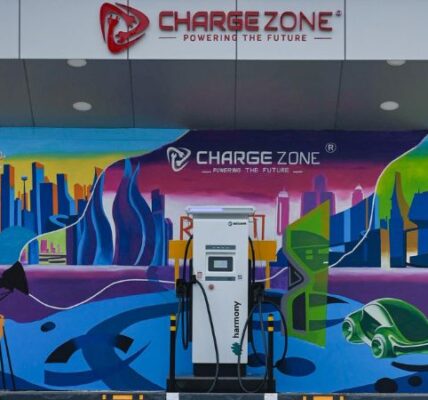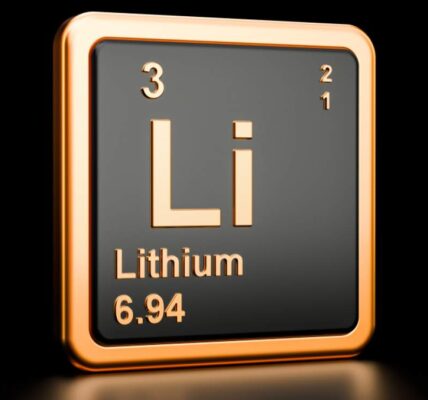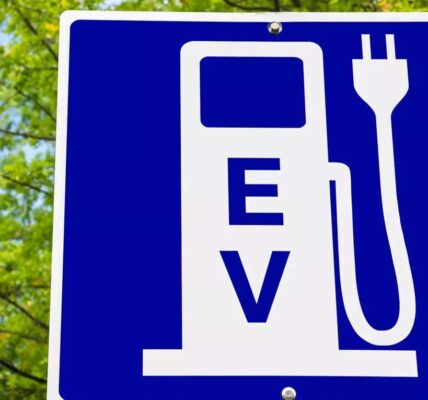Chinese Company to Build Morocco’s First $1.3 Billion EV Battery Gigafactory
The Moroccan government made this development known on Thursday. Gotion High Tech is the latest company to invest in EV battery manufacturing in Morocco, as the country aims to adapt its growing automotive sector to the rising demand for electric vehicles.
The Moroccan government and Gotion High Tech signed an investment deal for the gigafactory, which will have an initial battery capacity of 20 gigawatts per hour (GWh), according to a statement from the prime minister’s office.
Gotion High Tech plans to increase the plant’s capacity to 100 GWh, with eventual investment reaching $6.5 billion.
Morocco automotive industry
Morocco is renowned as a tourist destination, with its vibrant souks, iconic Moorish architecture, and surreal Saharan desert dunes.
But the country is now also making a name for itself in the automotive industry, having spent roughly the last two decades transforming into Africa’s auto-manufacturing hub.
According to data company CEIC, Morocco produced 535,825 motor vehicles in 2023, up from 464,864 in 2022, and it has the capacity to see that number jump to 700,000, the Associated Press reported.
The country has even overtaken China, India, and Japan, as the main automotive supplier to the European Union (EU), according to the Spanish outlet Atalayar.
Morocco’s geographic location close to Europe, its free trade agreements with key EU and U.S. markets, and its existing automotive industry make it an attractive destination for Chinese EV battery makers.
In May, Chinese auto battery manufacturers Hailiang and Shinzoom announced plans to set up two separate plants near Tangier, producing key EV battery components: copper and anodes, respectively.
A month earlier, the Moroccan government approved Chinese electric battery maker BTR New Material Group to build a factory near Tangier to produce key component cathodes.
Another Chinese manufacturer, CNGR Advanced Material, is expected to build a cathode plant in Jorf Lasfar, 100 km (62 miles) south of Casablanca, where the government has allocated 283 hectares to electric battery industries.
Morocco hosts production plants for automakers Stellantis and Renault, with a combined annual production capacity of 700,000 cars, along with a cluster of local suppliers. Morocco’s minister of industry and trade, Ryad Mezzour said that by 2030, the Moroccan government hopes that up to 60% of its exported cars will be domestically produced EVs.


